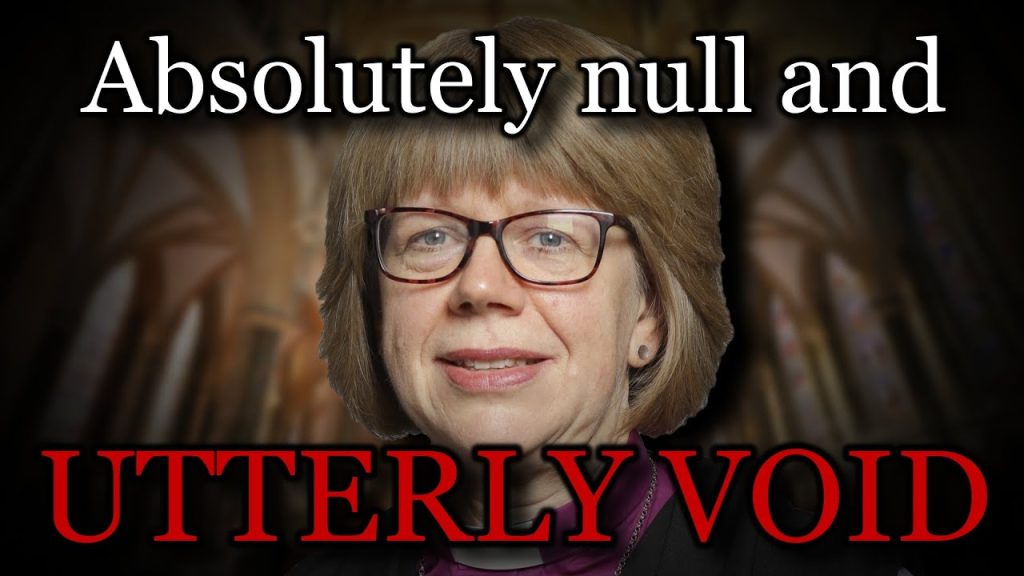The title “Woman in charge U.K” suggests a significant shift in the political landscape of the United Kingdom, where women are increasingly taking on leadership roles traditionally held by men. This evolving narrative reflects broader societal changes and growing recognition of women’s capabilities in governance and decision-making. As of late 2023, women are not just participants in the political arena; they are becoming key figures, leading major political parties and influencing national policies.
Historically, U.K. politics has been dominated by male figures, with women’s representation often sidelined. However, this trend is changing rapidly. Figures such as Liz Truss, who briefly served as Prime Minister, and prominent leaders within various political parties exemplify this transformation. This increasing visibility of women in politics not only inspires future generations but also enriches political discourse with diverse perspectives.
The broader implications of this shift are considerable. With women in charge, there is a growing emphasis on issues like gender equality, social justice, and climate change—areas that may have been marginalized in past administrations. Research has shown that women leaders often bring collaborative leadership styles, focusing on consensus-building and community-driven governance.
Moreover, the representation of women in politics can significantly impact voter engagement and trust in government. Recent studies indicate that constituents are more likely to support policies that promote inclusivity and equity when they see women in leadership roles. This ripple effect is crucial, especially as the U.K. prepares for its next electoral cycle, where voters are eager for fresh perspectives on longstanding issues.
As the U.K. embraces this shift, it remains essential to monitor how these changes will influence policies and the overall political landscape. The conversation around women in leadership is not just a question of representation but also a call for action to ensure that issues pertinent to all citizens are addressed in a more comprehensive and inclusive manner.
Where to Learn More
- The Guardian – Provides comprehensive coverage on political developments, including women’s leadership in U.K. politics.
- BBC News – Offers in-depth analysis and updates on current political events and demographics in the government.
- The Independent – Features articles on gender representation in politics and profiles of notable female leaders.
- European Parliament – Reports on women’s roles in European politics, including initiatives and statistics on gender equality.
- C-SPAN – Covers a wide range of political topics, including interviews and discussions about women’s impact in political roles.




